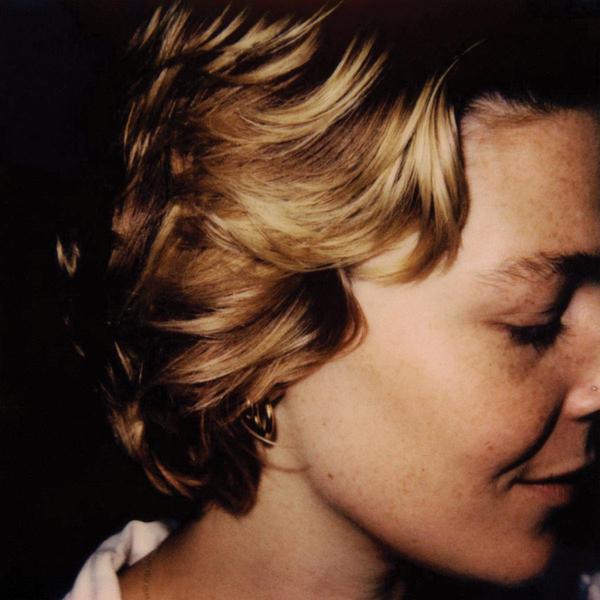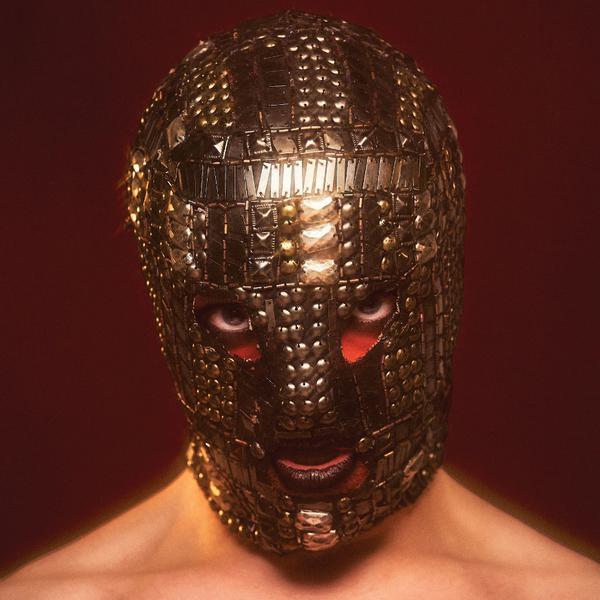
The Black Angels: “There's something about that mystical aspect of life: the unknown is very attractive”
There are plenty of bands out there playing psych music or garage rock – more than since the heyday of the Sixties you could argue – but there are few as instantly recognisable as the Texan quartet of The Black Angels.
Since 2006’s debut album Passover Alex Maas, Christian Bland, Stephanie Bailey and Kyle Hunt have been providing us with dark, intense psychedelic experiences that rather than being trippy excursions, pack a real garage punch. Whether it’s the politicised viscera of that first record, the controlled, acid-fried stomp of sophomore effort Directions to See a Ghost or the surprisingly clear-headed grooves of Phosphene Dream, there’s a certain aesthetic that marks each down as being quintessentially a Black Angels record. It could be the vocal incantations of singer Maas, the locked-in keyboard drones or the solid, unwavering percussion… it’s probably all of this, but there’s also the clear passion for the genre that really makes it count. While acts like The Warlocks and Black Rebel Motorcycle Club fade from memory, The Black Angels continue to go strong.
The band dropped its fourth album Indigo Meadow this month and it’s probably their best record to date. Lean, mean and focused, recorded as a four-piece following the departure of bassist Nate Ryan, it’s the sound of The Black Angels completely in the zone and sounding better than ever. There’s even a playful tone – heard already on lead single ‘Don’t Play with Guns – that’s maybe not been present before. We were lucky enough to speak to singer Alex Maas about the new record while he was at home in Austin, Texas, and we found a man who, while happy to discuss his band and the new album, was more than willing to expand on his love of psychedelic music.
Given the band are Austin natives, how could I not begin by asking about their SXSW experience in 2013? Maas reveals that they don’t play quite as much as they used to: “Yeah we played a couple of shows… a couple of strategic shows! Six or seven years ago we played like, nine or ten times, so we just cut it down this year, and it was really fun.” And was it a chance to play Indigo Meadow to a home crowd and road test the new tunes? “We played a lot of the new record, kind of trying to cut our teeth a little, and the festival was a great time to do it,” he says. “It was fun; we worked out some kinks and saw how people reacted to the songs for the very first time.”
I suggest that Indigo Meadow is the sound of The Black Angels honed, focused and lean – did this come from stripping down to a four-piece prior to recording? “I dunno, I think it’s just the evolution of the band,” counters Maas. “I mean, it still sounds like The Black Angels but I think ‘focused’ is an appropriate way to put it. You know, it’s like shooting a documentary film – you don’t know how it’s going to turn out until after you get done with all the footage. You get back and you’re like ‘oh, there’s a new story here, what makes sense out of all this, what songs am I gonna pull out?’ So we did that: we documented loads of songs, took all the different perspectives and made a record.” And there also seems to have been a clinical element to the recording, as Maas reveals some stuff didn’t make the cut: “We have songs that didn’t make it; for us, we wanted to keep the record under 44/45 minutes. We didn’t want to lose fidelity, it had to be greater than that – the quality gets squashed ”
For this recording, the band returned to Texas after recording Phosphene Dream in Los Angeles with Dave Sardy. This time around, the chose John Congleton as producer, but I want to know if place plays a big part in how a Black Angels record feels? Maas says it does, to some extent: “Yeah, I think it does. Again, I don’t think it’s something you go into realising or thinking. It’s like shooting the documentary, you don’t say ‘oh I think this has a Texas feel to it’ but I definitely think it’s a product of the environment and that comes into the record and the recording process.” Perhaps a bigger influence was the time available to the band. Recorded over the course of a year, Indigo Meadow isn’t an album constructed on the road, and I think that shows in just how good a record it is: “One thing that was interesting about this record was that we had a lot of time to do it,” reveals Maas. “We took a musical alchemist approach: we took all the songs down to the studio and we were able to, like, do whatever we wanted, after we tracked them. We had tons of time to go and explore sounds and that sonic alchemy – it’s good to have the time to do that, and we made a very ‘free’ record.” So is writing on the road something to avoid? “I think a lot of ideas come out on the road, but it’s hard to fully realise them. We’re always writing, all the time, and it’s a total collaboration between the four of us… it’s beautiful.”
{pagebreak}

Maas has already mentioned that Indigo Meadow still sounds like a Black Angels record, and of that there’s little doubt. From the very beginning the band found a signature sound that marks them out from other psych bands, but I want to know if there’s anything that ever seeps into the recording of an album – were there any records that influenced Maas and co. this time around? “That’s a good question, and it’s something people ask me a lot,” admits Maas. “There are so many different influences and experiences that go into our band; there’s almost too many to define. I’m not trying to avoid the question: I might have a conversation with you at dinner and that might influence something that goes into a song, or we might be talking about Turkish psych music of the Sixties, or Cambodian psych… but as far as direct influences, it’s kind of hard to say.” So it’s more a case of absorbing influences as you live your life, perhaps? “You know we share, as you do, a love of it and fully appreciate music – music is a therapeutic thing, right? You have this category, this library of music whether it’s streamed, given to you or you bought it – hopefully you bought it! The range of our music, the catalogue, is far and deep. There’s 50s sounds, and trip hop and hip hop, there’s electronic music… the Silver Apples.”
“You know, Silver Apples were the first electronic band, a hundred years before their time…” he continues, “do you dig that?” I reply of course, how could you not appreciate that band for what they created with primitive analogue equipment? That’s a band really ahead of its time. Maas agrees: “I really dig what they did; when I first heard that record I was like ‘wow, I can’t believe this was nearly 50 years ago’. I can’t believe how fast time has gone. But those guys… no one’s touched that band, no-one’s even got close to that… those guys are from the Sixties? Really? I can’t believe that.” I say that bands like Can, Harmonia, Neu!, even Kraftwerk to some extent, were creating this futuristic music with equipment way behind what bands use today and mention to Maas that I had recently listened to Can’s The Lost Tapes and couldn’t get my head around how some of the music wasn’t made with the benefit of samples or loops: “Yeah!” he exclaims. “That’s the thing – I wanna like dig their vibe when they’re writing these songs, like what the hell were they thinking… where were they in their headspace? It’s mystical, magical… I almost don’t want to be told or for it to be defined – then I can understand it, and I don’t want to understand it! There’s something about that mystical aspect of life: the unknown is very attractive.”
Does that love of the unknown translate to The Black Angels? Do Maas and the band want to hold something back from fans, even if it’s just what instruments and pedals they use; do they hate questions from the music nerd about their rig? “Oh I don’t really care… honestly! For me it’s not what instrument you use, it’s how you play it,” says Alex. “If you give me a really cheesy guitar, you know one of these weird ones with little shitty pedals – in fact take me out of the equation – you give somebody else this weird instrument; it’s about how they play it and what comes out of it. It goes back to the clichéd term: it’s not what you say; it’s how you say it. We do think about what instruments we use, but at the same time we don’t keep that information in our pockets… we share it.” And it seems this sharing plays an important part in the Austin scene: “In our community of musicians, there’s not a lot of jealousy. In the psych scene, it’s a very communal vibe that I get, and people share knowledge with each other… at the end of the day it’s what’s coming out at that moment and how you communicate that vibe.”
It’s at this point the conversation takes a fascinating turn. Maas is already clearly someone who is passionate about what he does, but when our chat finally turned specifically to communication and technology, this opened up into a wider discussion about his real love: psych music. “Whether it’s a tribe from Ghana or some witchcraft music from Kenya… with technology you have information and that’s a very powerful thing,” says Maas. “At any moment I can get online and type in ‘folk music from Vietnam, 1964’ and it’s just right there in front of me. Not to rip it off, but you take it in… You’re a sponge. Technology changes the way you see music; it’s a different culture and a different time and I really see our band moving in that direction, taking in elements of other cultures.” Will this eventually change either how Maas approaches making music, or the way his band does? “I don’t want just to be known as an American band,” he says. “ this band could be Malaysian or something but still to sound like The Black Angels – in some weird dichotomy.”
And what of the prospect of technology affecting the genre as a whole? “I really see the future of psychedelic music as ‘what would happen before the idea of psychedelia was even in the vocabulary?’ because we could both agree that psychedelic music won’t be around forever, right?” True, true – so is it more about finding a point prior to the creation of a genre and working from that base level? Maas agrees: “Before the first ‘psychedelic rock band’ there were all those elements in music, it’s undeniable, you know? If you think about a tribe’s chanting ritual, teaching kids a story or a lesson with drones and chanting…it’s a spiritual thing, you could put the word ‘psychedelic’ on it or not but at the end of the day it’s a not-classically-trained outlet, a way of reaching a higher level of enlightenment. With the genre of psychedelic music I think that’s what people are trying to do, they’re just trying to enlighten themselves. I say this all the time – we give out music in a very therapeutic way – it’s escapism, it’s therapy, it’s educational, it’s storytelling, it’s a documentation of the times.”
It seems, then, that there’s a clear link between this enlightenment and the band’s involvement in the creation of Austin’s Psych Fest. Now in its sixth year and featuring acts such as Deerhunter, The Raveonettes, Clinic, Warpaint, Black Mountain and the aforementioned Silver Apples, I ask Maas if that was the initial aim of the festival – to enlighten and educate? “This is how I kinda look at the festival: it’s the idea ‘hey let’s have a kid, let’s do it and see what happens!’” he laughs. “So you have a child. The second year the child is walking around and talking, third and fourth year it’s developing a personality of its own. Fifth and six year you’re encouraging that child to become whatever it aspires to be or whatever makes it happy!” So that’s the festival heading in the direction you want it to go, or it’s just a natural progression? Maas explains further: “The original idea was to have something like this in Austin that hadn’t really been done since 40 years ago – and yes, we wanted to educate the people of Austin and bring that style of music, that genre – which is a very small genre when you look at all the genres in the world. You have country music, which takes up half of it, and then you have pop music, rock and roll, and then hip hop, trance… and then you have psychedelic music which, in a way, touches on every single one of those things. It’s a little nugget, I don’t want to make a pun out of it, but it’s a little nugget in this grand musical world that we live in, and we just wanted to show the people of Austin what was happening.”
And Psych Fest might be the perfect combination of fan power and curator power: “The coolest part about the festival was always asking the fans what they wanted to hear,” says Maas. “Moon Duo, Silver Apples, Suicide – who do you want to hear? Of course we have our favourite bands, bands we would have liked, our dreams!” Does he have a dream addition to the 2013 bill? “If David Bowie wanted to come and play Psych Fest, that would be amazing! But the whole thing with me is that it grows in parallel with the genre; we’re expanding every year. It’s not a huge jump every year; it’s not like Glastonbury or Leeds, this huge, huge thing. I can’t wrap my head round that, we’re just not capable of doing that. But it’s going to be very rewarding whether we fail or whether we succeed!”
Indigo Meadows is available now through Blue Horizon.
Get the Best Fit take on the week in music direct to your inbox every Friday
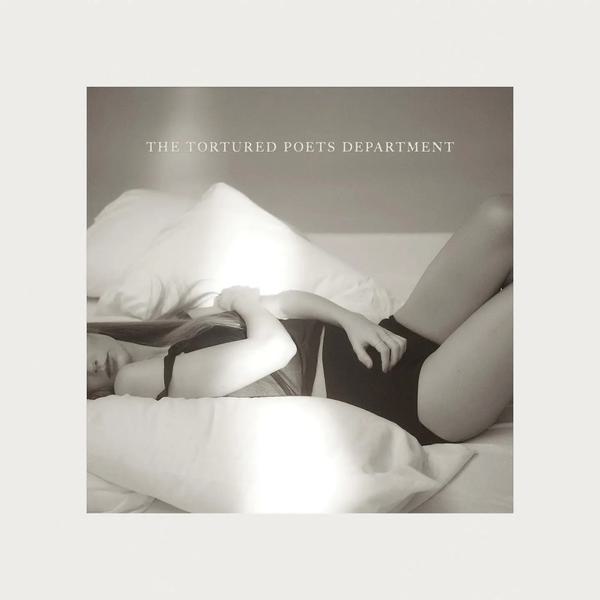
Taylor Swift
The Tortured Poets Department
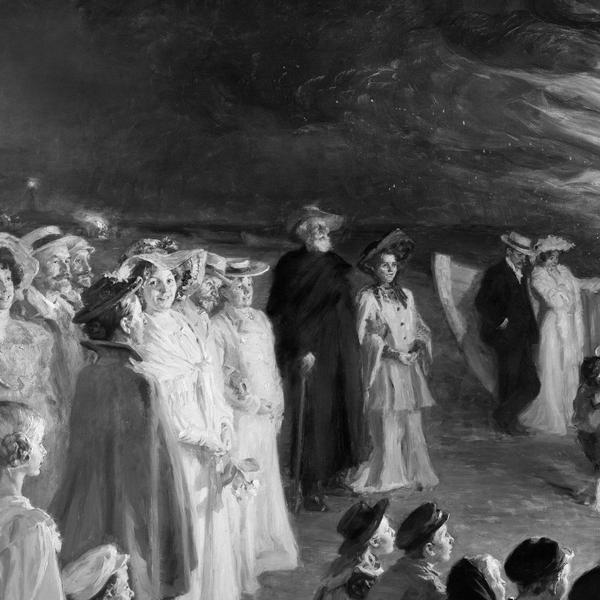
Chanel Beads
Your Day Will Come
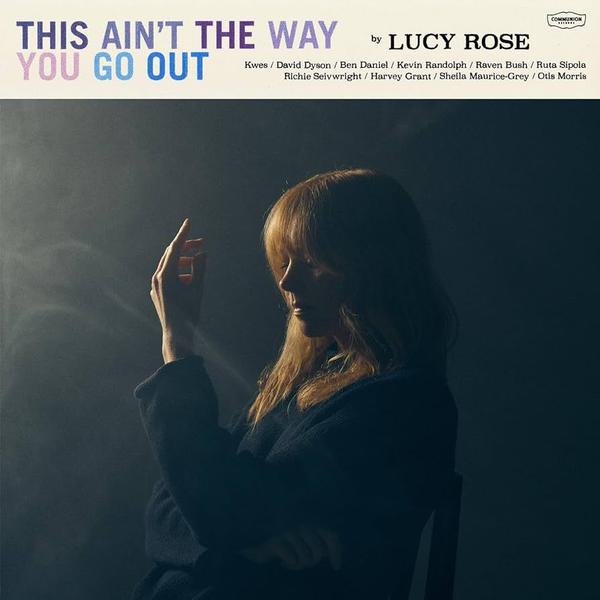
Lucy Rose
This Ain't The Way You Go Out
